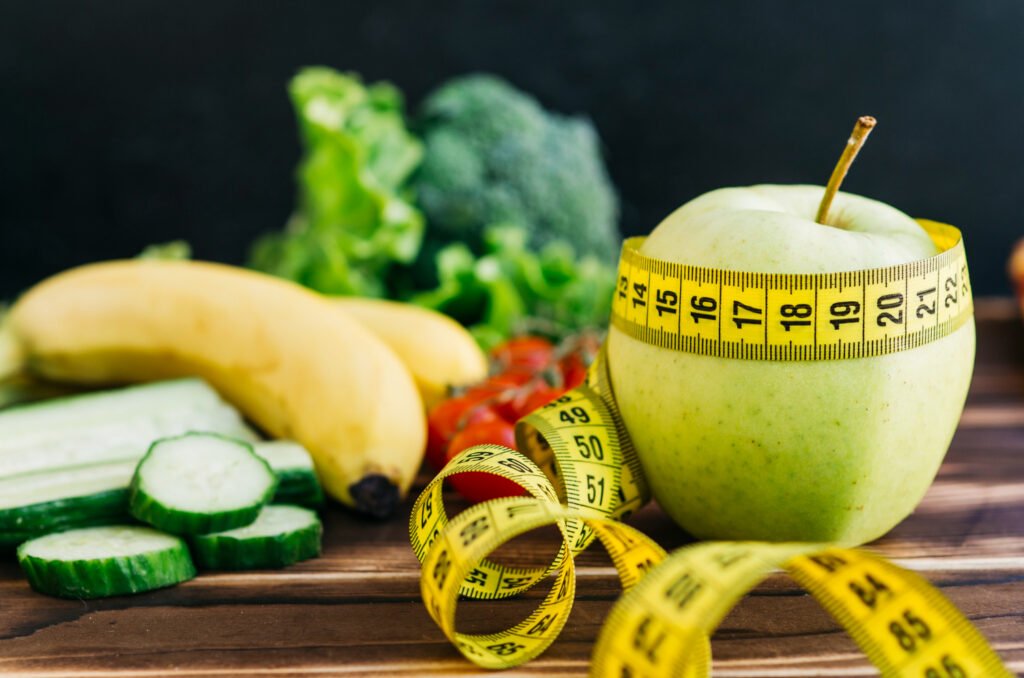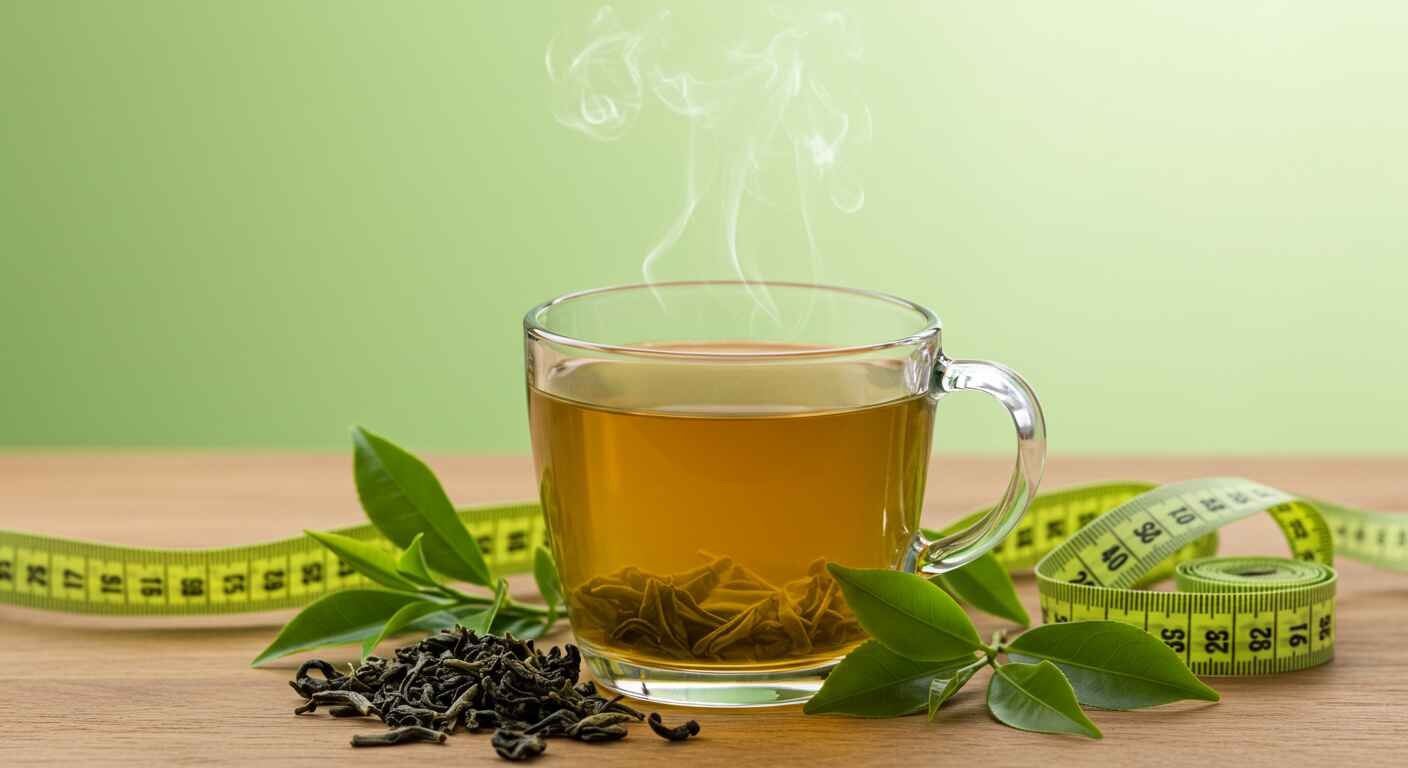Table of Contents
When it comes to managing PCOS, a well-balanced diet plays a crucial role. A PCOS-friendly diet can help regulate insulin levels, promote hormonal balance, and support healthy weight management. In this blog, we’ll guide you through the best foods for PCOS, foods to avoid with PCOS, and overall PCOS-friendly foods that can benefit women with PCOS for better health.
Why Diet Matters for PCOS
Women with PCOS often struggle with insulin resistance, which can cause elevated blood sugar levels, weight gain, and other symptoms. Eating the right foods can help improve insulin sensitivity and reduce inflammation — key factors in managing PCOS effectively. A healthy diet can also help reduce the risk of related health problems, such as diabetes and heart disease. Knowing the PCOS food list to avoid and focusing on nutrient-dense options is essential for long-term hormonal balance.
Best Foods for PCOS
Here’s a list of what to eat in PCOS to help manage symptoms:
1. Low-Glycemic Index (GI) Foods
Best foods for PCOS with a low GI don’t cause blood sugar spikes, making them ideal for managing insulin resistance. Including more PCOS-friendly foods like whole grains, legumes, and non-starchy vegetables can help balance hormones and improve overall health.
- Examples: Whole grains (quinoa, oats), beans, lentils, sweet potatoes, and non-starchy vegetables like spinach and cauliflower.
2. Lean Protein
Lean protein helps control appetite, supports muscle mass, and stabilizes blood sugar levels. It’s one of the best foods for PCOS as it helps manage insulin resistance and promotes hormonal balance when included in your daily meals.
Many women often ask, “Can I eat egg in PCOS?” and the answer is yes. Eggs are a great source of high-quality protein and healthy fats, making them a beneficial addition to a PCOS-friendly diet.
- Examples: Chicken, turkey, tofu, eggs, and legumes.
3. Healthy Fats
Incorporating healthy fats into your diet can help reduce inflammation and support hormone production. Knowing what to eat in PCOS, such as foods rich in omega-3 fatty acids like flaxseeds, walnuts, and fatty fish are the best foods for PCOS that can make a significant difference in managing symptoms.
- Examples: Avocados, olive oil, nuts, seeds, and fatty fish like salmon and mackerel.
4. High-Fiber Foods
Fiber helps regulate blood sugar and improves digestion. It’s also essential for weight management.
- Examples: Vegetables, fruits (especially berries), whole grains, and legumes.
5. Anti-Inflammatory Foods
Reducing inflammation is important for managing PCOS, as it can contribute to hormonal imbalances.
- Examples: Turmeric, ginger, green leafy vegetables, tomatoes, and berries.
PCOS Food List to Avoid
Certain foods can worsen insulin resistance, increase inflammation, and contribute to weight gain. Based on the recommended foods to avoid with PCOS, it’s best to limit or avoid the following:
1. Refined Carbs and Sugary Foods
Refined carbs and sugar cause blood sugar spikes and lead to insulin resistance, worsening PCOS symptoms. These are among the top items on the PCOS food list to avoid, as they can significantly disrupt hormonal balance and make symptom management more difficult.
- Examples: White bread, pastries, sugary drinks, and candy.
2. Processed Foods
Processed foods are often high in unhealthy fats, salt, and preservatives, which can contribute to inflammation, weight gain, and worsen hormonal imbalances. These are among the top foods to avoid with PCOS, as they may interfere with insulin sensitivity and aggravate symptoms. Limiting such items is a key part of any effective PCOS food list to avoid when planning a balanced, symptom-friendly diet.
- Examples: Fast food, chips, processed meats, and packaged snacks.
3. Dairy
Some women with PCOS find that dairy products exacerbate acne and other symptoms due to hormonal imbalances. While reactions can vary from person to person, monitoring your dairy intake is recommended.
Questions like “can I drink milk in PCOS,” or “can I eat paneer in PCOS” often arise and the answer can depend on your body’s unique response. If you’re unsure, consider limiting milk, cheese, curd, or paneer and observe how your body reacts.
Since dairy is commonly included in the PCOS food list to avoid, it’s helpful to consult a nutritionist to determine what works best for you. Many experts also suggest reviewing foods to avoid with PCOS when creating a sustainable and balanced eating plan.
- Examples: Full-fat milk, cheese, and ice cream.
4. Red Meat
Red meat can increase inflammation and may also contribute to higher levels of androgens, which can worsen PCOS symptoms. It is often included in the PCOS food list to avoid because regular consumption may lead to hormonal imbalances and insulin resistance. Instead, opt for lean protein sources like fish, eggs, or plant-based options that are more suitable for a PCOS-friendly diet.
- Examples: Beef, pork, and lamb.
Tips for a Sustainable PCOS Diet
Adopting a PCOS-friendly diet doesn’t have to be complicated. Here are some practical tips to make it easier and help you stay consistent with the best foods for PCOS:
- Eat Smaller, Frequent Meals: This helps maintain stable blood sugar levels throughout the day.
- Meal Prep: Plan and prepare your meals ahead of time so you can stick to your PCOS foods to eat and avoid impulsive or unhealthy choices.
- Hydrate: Drink plenty of water to support your metabolism and digestion.
- Listen to Your Body: Track how certain foods make you feel, and adjust your diet accordingly. Learning what to eat in PCOS based on your body’s response can lead to better symptom control and overall wellness.
Conclusion
A balanced, nutrient-dense diet is one of the most effective ways to manage PCOS symptoms and promote overall well-being. By focusing on PCOS-friendly foods such as leafy greens, lean proteins, and fiber-rich grains, while avoiding items from the PCOS food list to avoid like refined sugar and processed snacks—you can take meaningful steps toward managing PCOS naturally.
Knowing what to eat in PCOS and making smart dietary choices daily can significantly reduce symptoms and improve hormonal balance.
FAQs
What are the best PCOS foods to eat daily?
A healthy PCOS diet includes high-fiber vegetables, lean proteins, whole grains, and healthy fats. Some of the best PCOS foods to eat are leafy greens, berries, eggs, nuts, seeds, and fatty fish like salmon. These foods help regulate insulin and support hormone balance.
Which foods should I avoid if I have PCOS?
If you’re managing PCOS, it’s important to know the PCOS food list to avoid. Stay away from sugary drinks, processed foods, white flour products, and deep-fried snacks. These can disrupt hormones and make symptom control harder.
Can I drink milk in PCOS?
Yes, but with caution. While some women tolerate milk well, others may find it worsens acne or bloating.
Is curd good for PCOS patients?
Curd can be good for PCOS patients, especially if it’s unsweetened and low-fat. It contains probiotics that support gut health and digestion. However, if dairy causes inflammation or acne for you, consider limiting it or switching to plant-based alternatives.
Can I eat egg in PCOS?
Absolutely. Eggs are a great source of protein and healthy fats, making them one of the most nutritious PCOS-friendly foods you can include in your diet.
Can I eat paneer in PCOS?
Paneer can be included in a PCOS diet in moderation. It’s rich in protein and calcium, but since it’s a dairy product, some women may find it triggers symptoms.



